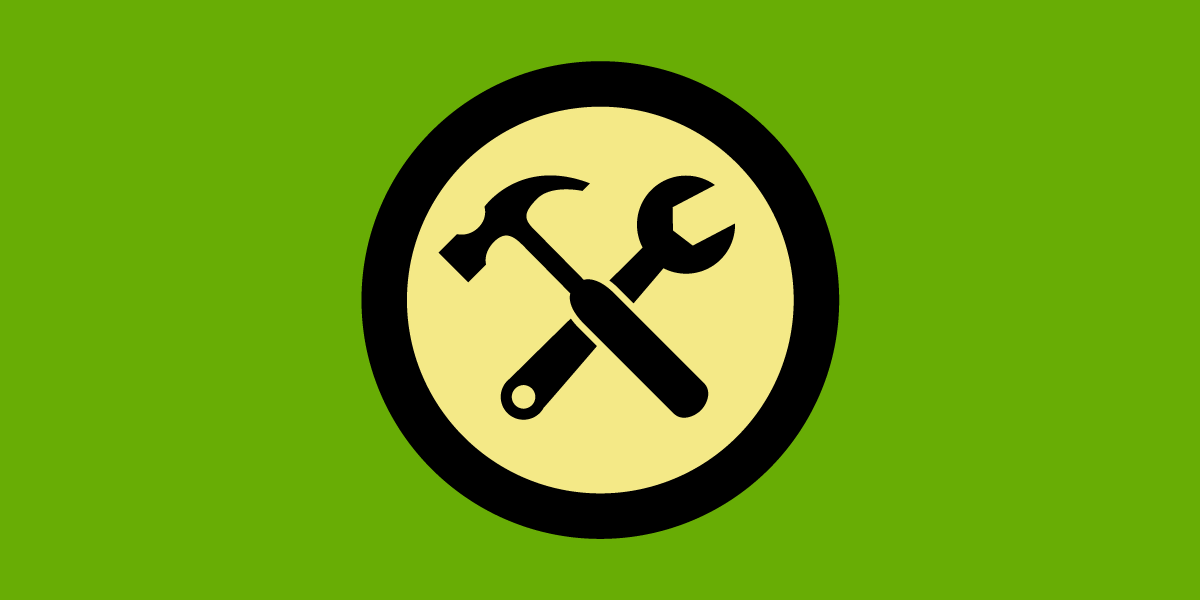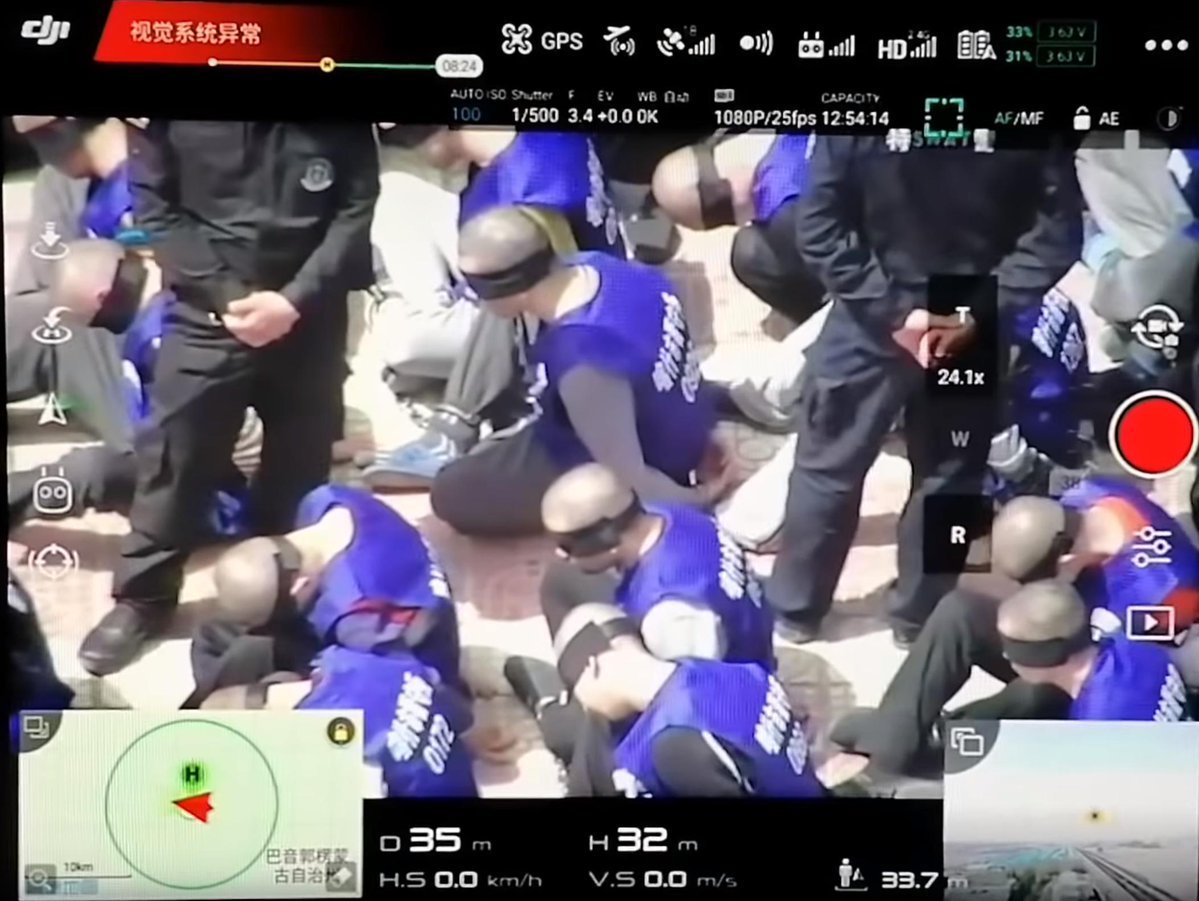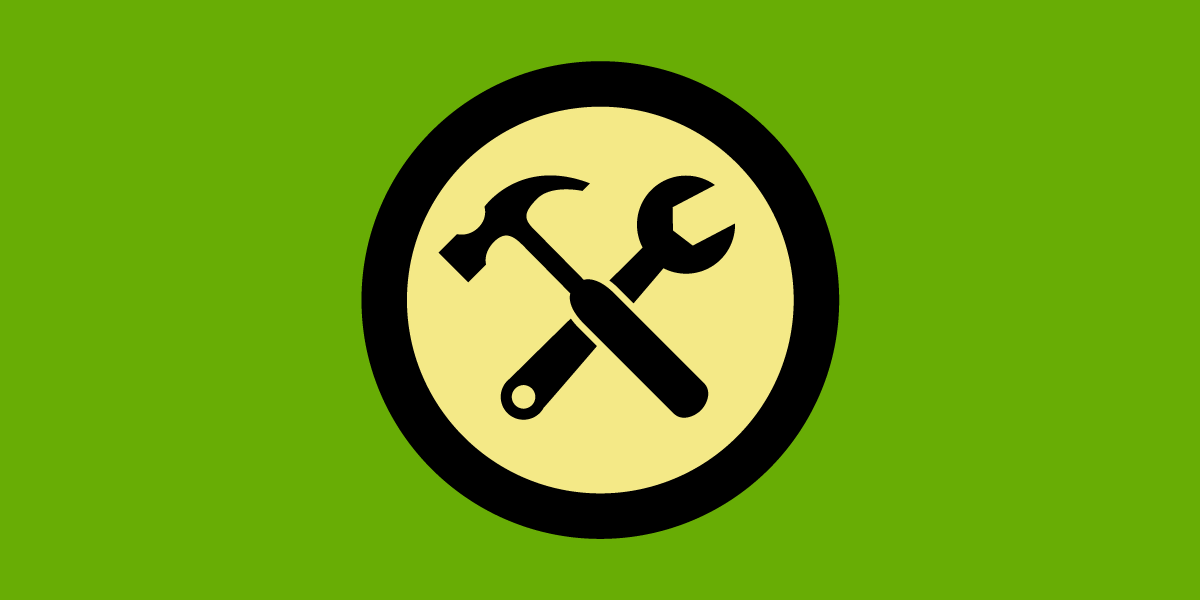
2018 was almost the year we won the #RightToRepair.
Instead, 2018 turned out to be the year we lost #R2R: 20 bills defeated in 20 state houses, and it was mostly @apple's fault.
1/
Instead, 2018 turned out to be the year we lost #R2R: 20 bills defeated in 20 state houses, and it was mostly @apple's fault.
1/

Apple has a problem. As CEO Tim Cook warned his investors at the conclusion of his company's repair-killing lobbying spree, Apple's profits depend on people throwing away their devices, not fixing them.
apple.com/newsroom/2019/…
2/
apple.com/newsroom/2019/…
2/
By monopolizing repairs, Apple doesn't just get to gouge you on parts and service - the real action is in pronouncing your device DOA, beyond repair. Then you have to buy another one.
3/
3/
Other companies lobbied hard against R2R: John Deere, GM, and other monopolists backed Apple's play. But Apple wrote the playbook, coming up with risible bullshit like claims that blocking independent repair is essential to protecting privacy.
judiciary.house.gov/sites/democrat…
4/
judiciary.house.gov/sites/democrat…
4/
Apple's anti-repair FUD got picked up and amplified by Big Car in 2020, when they spent millions fighting an automotive R2R ballot initiative in Massachusetts, claiming that letting independent mechanics at your car would lead to your actual MURDER.
pluralistic.net/2020/11/13/sai…
5/
pluralistic.net/2020/11/13/sai…
5/
2018 is the year we lost Right to Repair, but 2021 might be the year we win it. We're only a month in and 14 states are already debating R2R legislation, with more to come. The @RepairCoalition and @uspirg are leading the fight, buoyed by massive R2R successes in the EU.
6/
6/
Independent repair isn't just fair and it isn't just good for the planet - it's also good for the nation and its economy. The average US family loses $330/year thanks to anti-repair practices, a $40b drag on the American economy.
7/
7/
Repair creates local jobs for SMEs whose earnings - from helping their neighbors - are taxed (not hidden in offshore tax-havens) and contribute to their communities. These are on-shore, dignified tech jobs - not slave labor in Xinjiang or coerced labor in a Foxconn plant.
8/
8/
Repair diverts ewaste from landfills. Each kiloton of ewaste creates <1 landfill jobs, or 15 recyling jobs.
But that same kiloton of ewaste creates 200 local repair jobs.
ifixit.com/Right-to-Repai…
9/
But that same kiloton of ewaste creates 200 local repair jobs.
ifixit.com/Right-to-Repai…
9/
Repair creates a secondary market for low-cost devices that find their way into the hands of people on the wrong side of the digital divide - a divide that got starker and more consequential during the pandemic, and will only get more important in years to come.
10/
10/
Speaking of the pandemic: anti-repair laws meant that when PB840 ventilators (the most common ventilator, sold by the monopolist Medtronic, which benefits from the largest-ever tax-avoidance "reverse takeover" in corporate history) broke, they couldn't be legally fixed.
11/
11/
Instead, desperate med-tech people turned to a lone Polish hacker who built Medtronic defeat devices into old guitar-pedals and clock radios to get around the anti-repair measures in the ventilators that hospitals had bought and paid for.
pluralistic.net/2020/07/10/fli…
12/
pluralistic.net/2020/07/10/fli…
12/
R2R is a fight for justice. For the right to decide who fixes your stuff. For the right to set up shop and help your neighbors. For self-reliance and resiliency over profits. For on-shore small businesses over multinational cheaters.
13/
13/
Once again, a wave of R2R laws is sweeping the nation. The monopolists who profiteered off our misery during the pandemic will once again turn out to stop them. PIRG and the Repair Coalition need our support - as do their coalition allies like @EFF.
eof/
eof/
• • •
Missing some Tweet in this thread? You can try to
force a refresh











